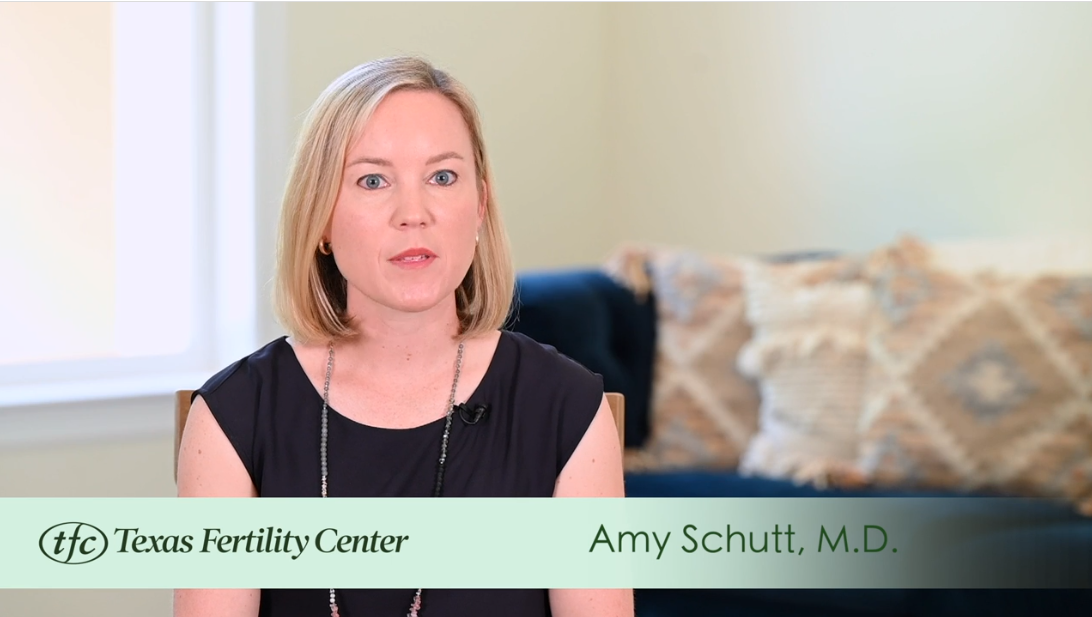
The different reciprocal IVF roles can include both partners in a lesbian couple
When women are exploring lesbian fertility options, they may worry that treatment will leave one partner out of the process. If this is a concern, reciprocal in vitro fertilization may be an excellent family-building option. Our Austin fertility doctors have seen how the different reciprocal IVF roles can make both partners feel included.
What is reciprocal IVF?
Reciprocal in vitro fertilization is an advanced lesbian fertility option. It allows one woman to provide her eggs for the pregnancy, and the other woman to carry and deliver the baby. Before recommending this option to patients, our Austin fertility doctors want to make sure women understand each step and the reciprocal IVF roles.
- The woman who will provide her eggs will take medications for ovarian stimulation. When she has multiple mature eggs, her doctor will retrieve them during a short, outpatient procedure.
- In the IVF laboratory, our embryologists will combine the eggs with sperm from the couple’s selected sperm donor. Our team can perform preimplantation genetic testing (PGT) on the resulting embryos to ensure they are chromosomally normal (euploid).
- The fertility doctor will transfer one healthy embryo to the uterus of the woman who will carry the pregnancy. Before this procedure, this woman will have been taking medications to prepare her body for pregnancy.
Once there is a positive pregnancy test, the pregnant woman will receive 10 weeks of monitoring from our Austin fertility doctors before moving to her OB/GYN.
Whose eggs? Whose uterus? How to decide on reciprocal IVF roles
When a lesbian couple decides to use reciprocal IVF to grow their family, they will need to decide who will provide the eggs and who will carry the pregnancy. There is no one-size-fits-all answer for couples. However, there are some factors to consider.
- Age difference. Younger eggs are healthier and produce better IVF success rates. If one partner is under 35 and the other is over 35, maternal age is an important issue to discuss.
- Fertility status. In addition to maternal age, one female partner’s eggs or uterus might be more suitable for egg retrieval or pregnancy. As a result, it’s important to consider each partner’s medical conditions, fertility issues and health habits.
- Desire to be pregnant. Not all women want to experience pregnancy. In couples in which one partner wants to be pregnant and the other does not, the decision can make itself.
- Multiple pregnancies. Some couples know from the start that they want more than one child. If both partners want to experience pregnancy, decision-making often centers around which partner should go first.
If you have additional questions about reciprocal IVF roles or other lesbian fertility options, our Austin fertility doctors can help. Contact us to schedule an appointment and learn more.











